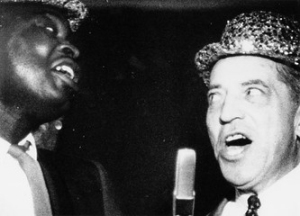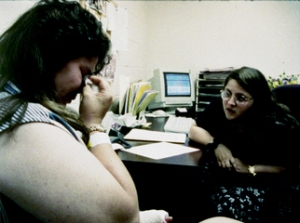Complimenting the ICO’s UK theatrical release of At Berkeley on 12th September ‘14, and in anticipation of our upcoming Wiseman retrospective in the first quarter of 2015, we present ‘Fred Wiseman: Reality and Film’.
This online project exists to engage new audiences, create debate and explore the importance of Fred Wiseman’s body of work which has been central to documentary cinema and film culture for over six decades. The accepted anthropological form of much of contemporary documentary film stems largely from the tremendous body of Wiseman’s work, and we hope this blog furthers an appreciation of this.
In 1998 Wiseman told an interviewer “My goal is to make as many films as possible about different aspects of American life”. At Berkeley is his 38th film since 1967 and we hope that by inviting a range of documentary filmmakers to nominate their favourite Wiseman film and tell us why they have chosen that film, our project will confirm Wiseman as one of the most important documentary filmmakers of the 20th and indeed 21st century era, as well as introducing his work to younger audiences who may not be so familiar with his films and working process.
Films and accompanying text will be posted over the course of the next six months and exhibitors, cineastes and anybody else who comes across our online project are encouraged to share the content on social media and of course join the conversation by leaving a comment.



